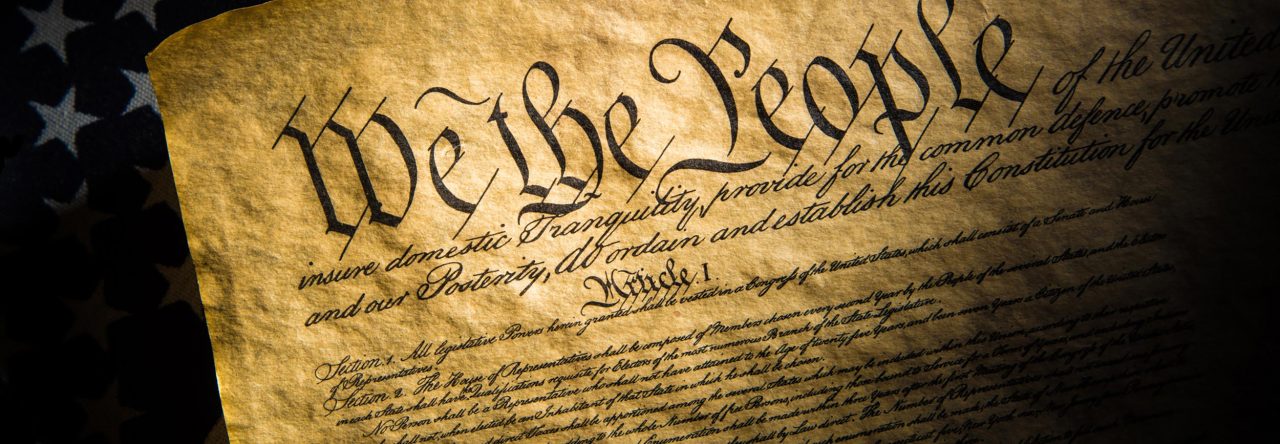When Walmart pharmacists have hesitated to fill legally written opioid prescriptions, they have often been subjected to state sanctions. The president of the Texas Medical Board threatened to issue “cease and desist orders” against pharmacists who “change amounts of opioids prescribed” or “override” a physician’s judgment, on grounds that doing so constitutes practicing medicine without a license. Wisconsin’s Board of Pharmacy threatened disciplinary action against a Walmart pharmacy because it “informed a local clinic that the Pharmacy would no longer fill controlled substance prescriptions from that clinic due to concerns of overprescribing.” Complaints against Walmart and its pharmacists for refusing to fill opioid prescriptions have been filed with or pursued by pharmacy boards in Alaska, Arkansas, Colorado, Idaho, Kansas, Maryland, Missouri, New Hampshire, Ohio, Oregon, Pennsylvania, Tennessee and West Virginia.
Under the Constitution’s Supremacy Clause, when there’s a contradiction between valid federal and state law, the former prevails. But there’s no federal law requiring that Walmart pharmacists refuse to fill prescriptions that state law requires them to fill. The Controlled Substances Act creates only two circumstances in which pharmacists commit a federal crime by filling facially valid prescriptions for controlled substances.
First, if they “knowingly fill” a prescription that wasn’t issued by a doctor “in the usual course of professional treatment”—for instance, if a doctor hands out his entire Rx pad without examining any patient. Second, if they fill a prescription outside the “usual course of” pharmacy practice—for instance, if a “pill mill” dispenses opioids without checking the DEA number of the prescribing doctor. Not only isn’t Walmart being sued for such infractions; it has adopted innovative opioid-stewardship programs and worked with law-enforcement agencies including the DEA to root out corrupt doctors.
The Justice Department alleges Walmart isn’t rigorous enough in checking facially valid opioid prescriptions written by DEA-authorized physicians. If this is a problem, let the DEA propose specific regulations requiring pharmacies to conduct increased diligence before filling any opioid prescription. Before being adopted, costs and benefits of such regulations would be subjected to public scrutiny. These rules would require pharmacies to violate state law, and if adopted they would be enforceable under the Supremacy Clause. Until this happens, it’s a travesty to blame Walmart for complying with state law.
Mr. Krauss is a professor emeritus at George Mason’s Scalia Law School.


Leave a Reply